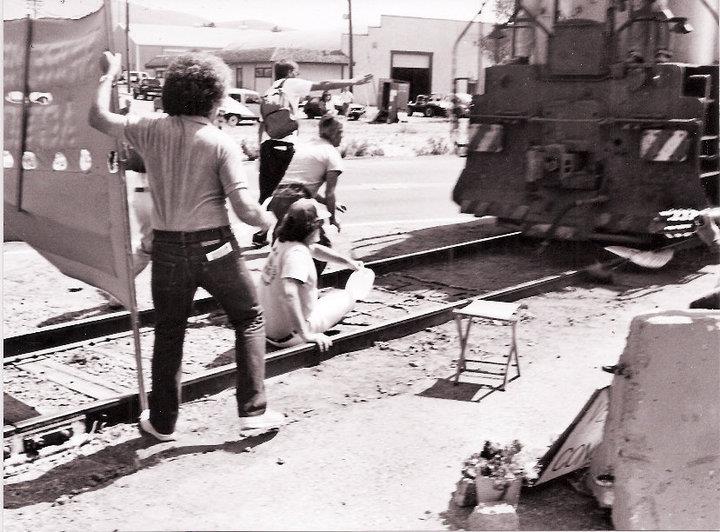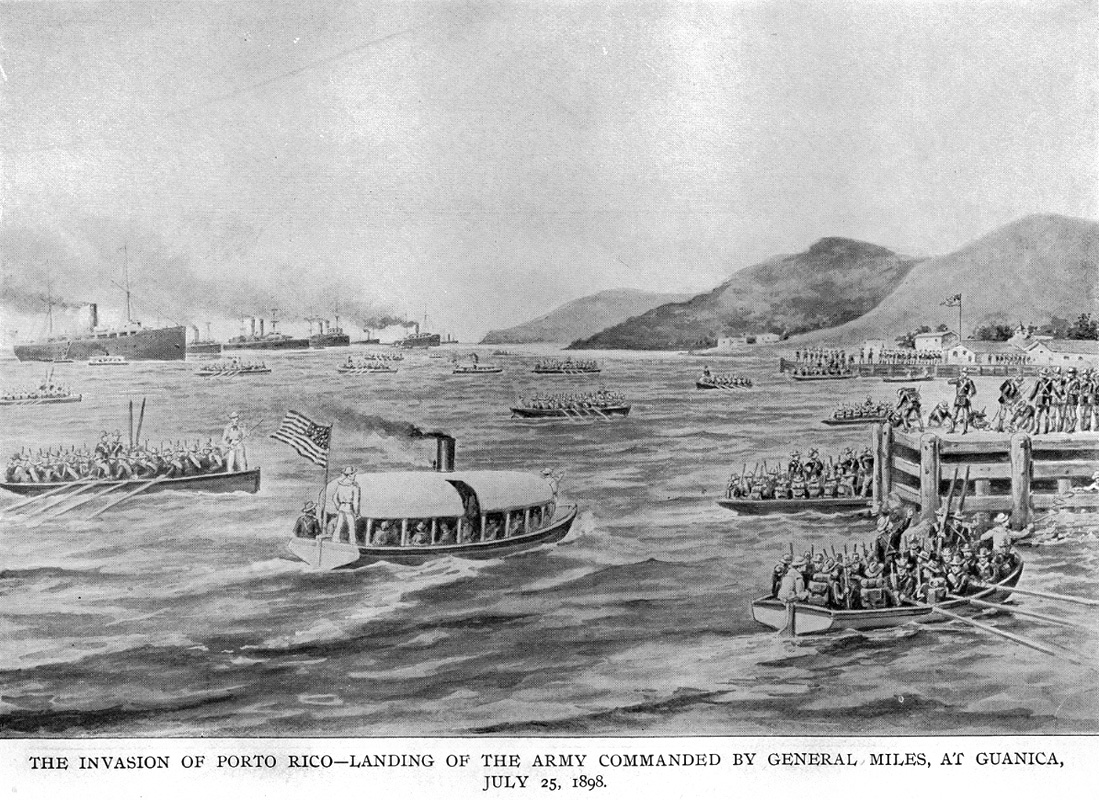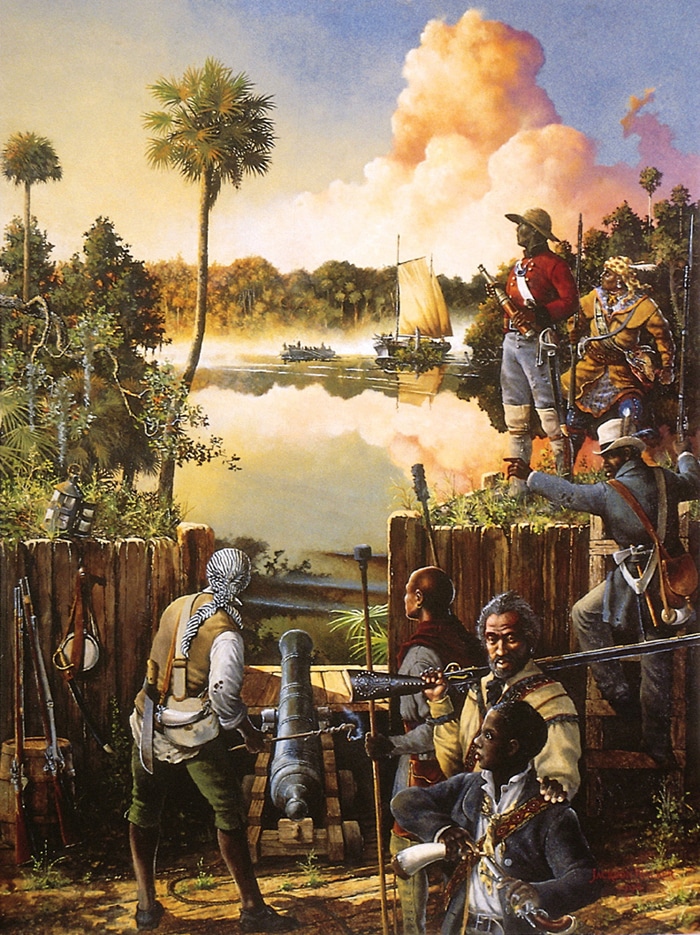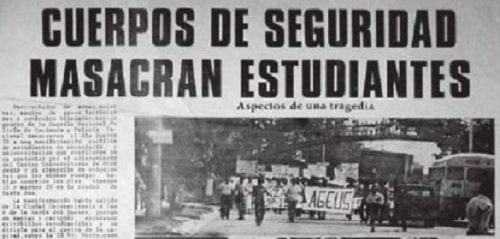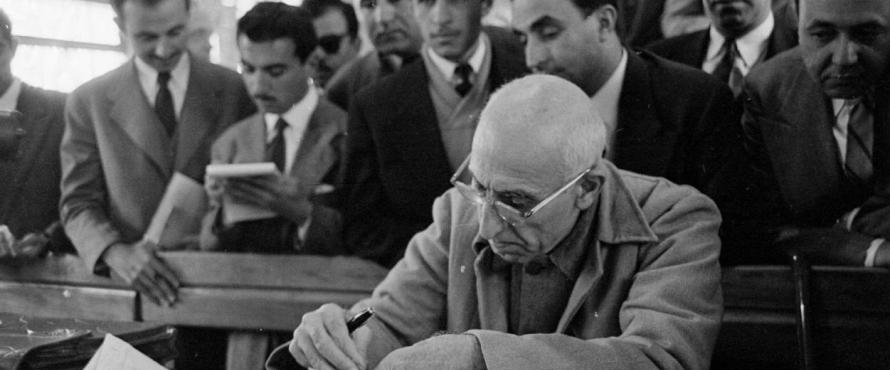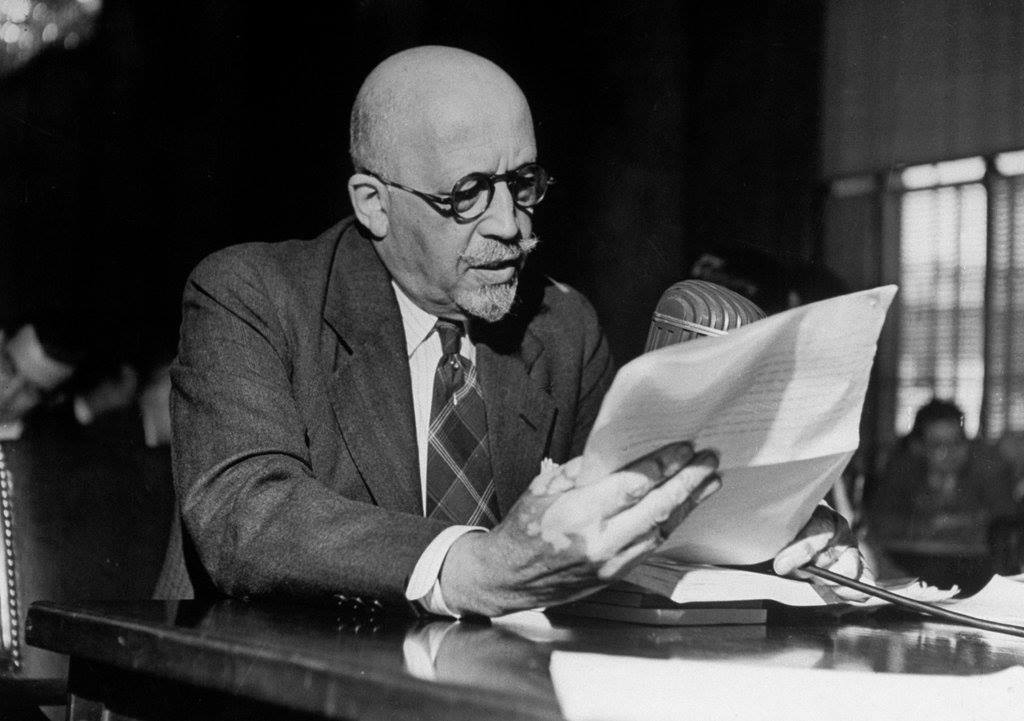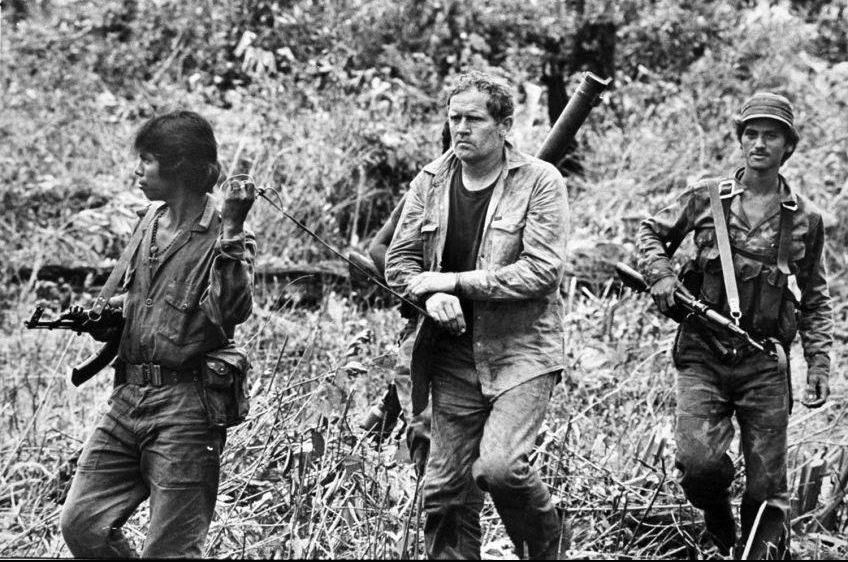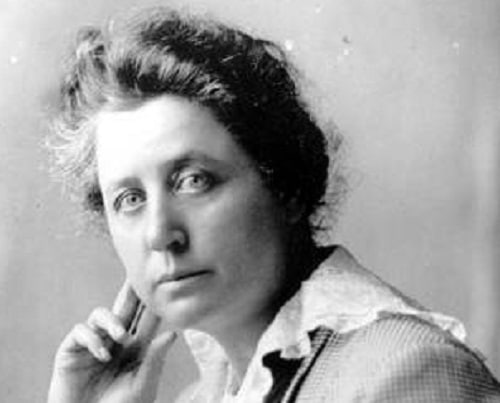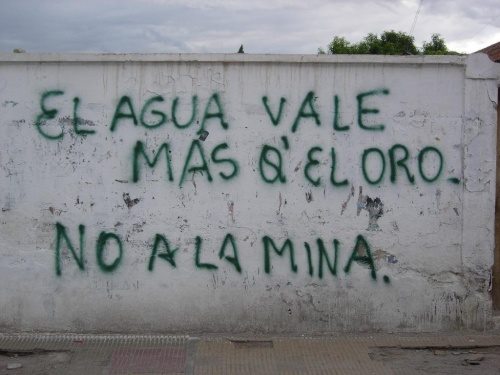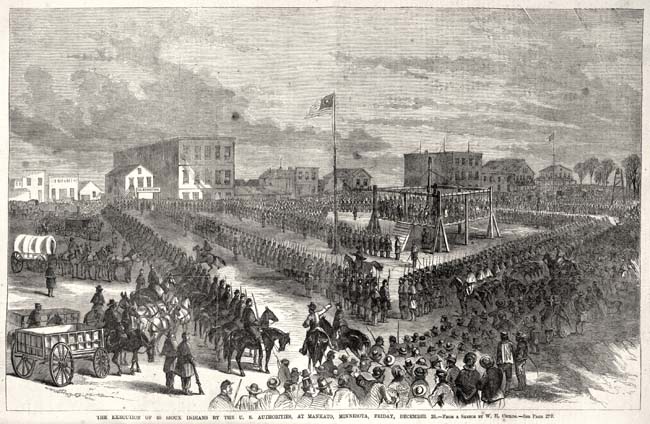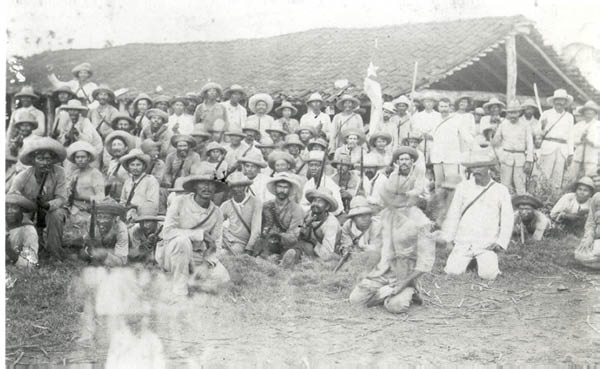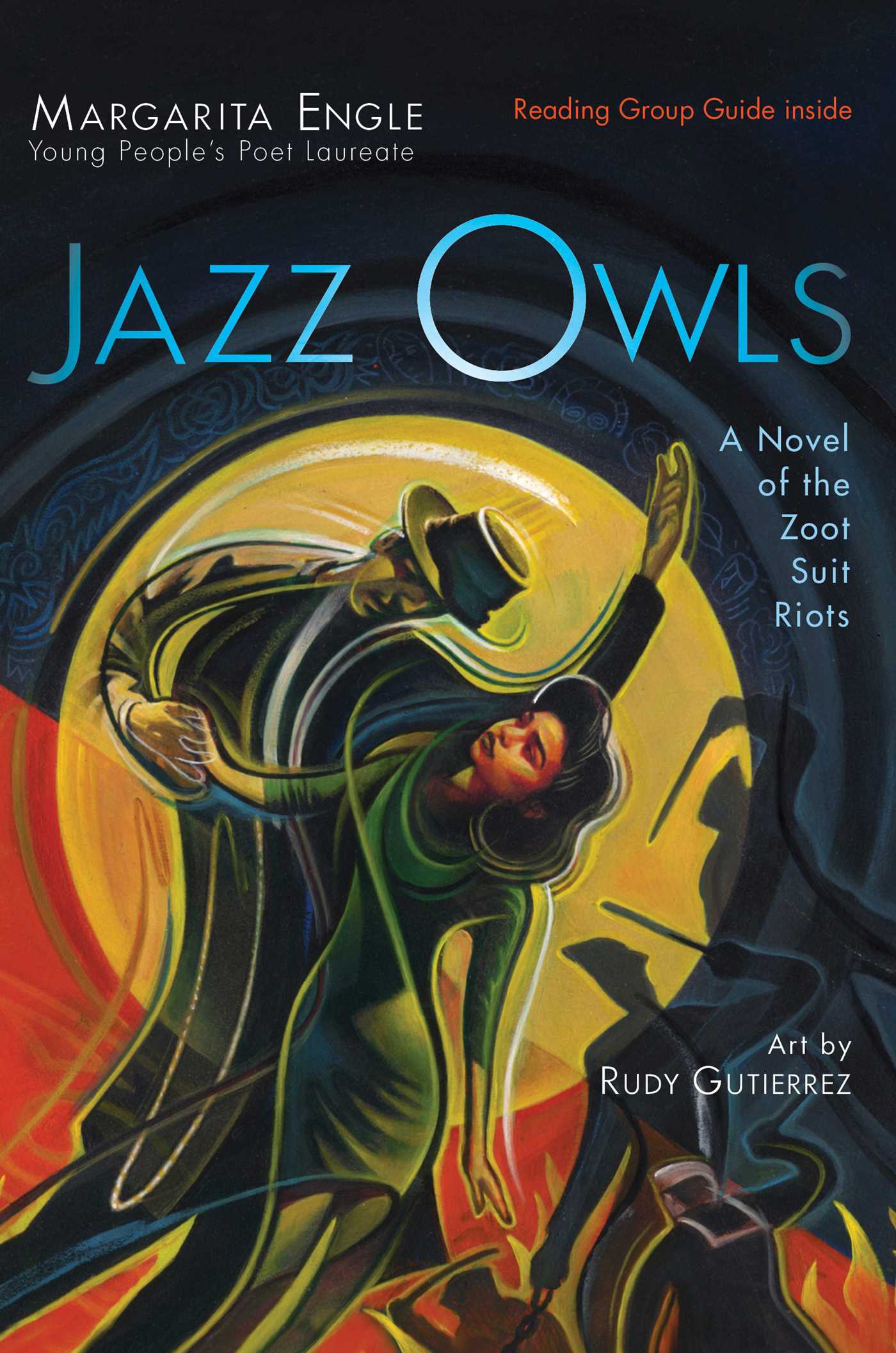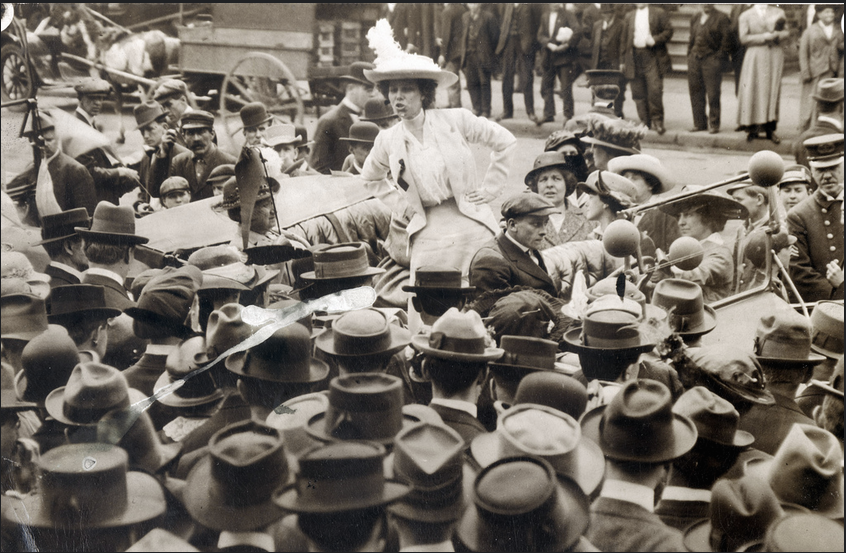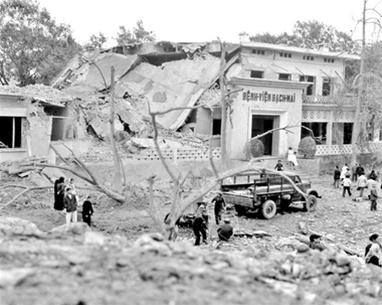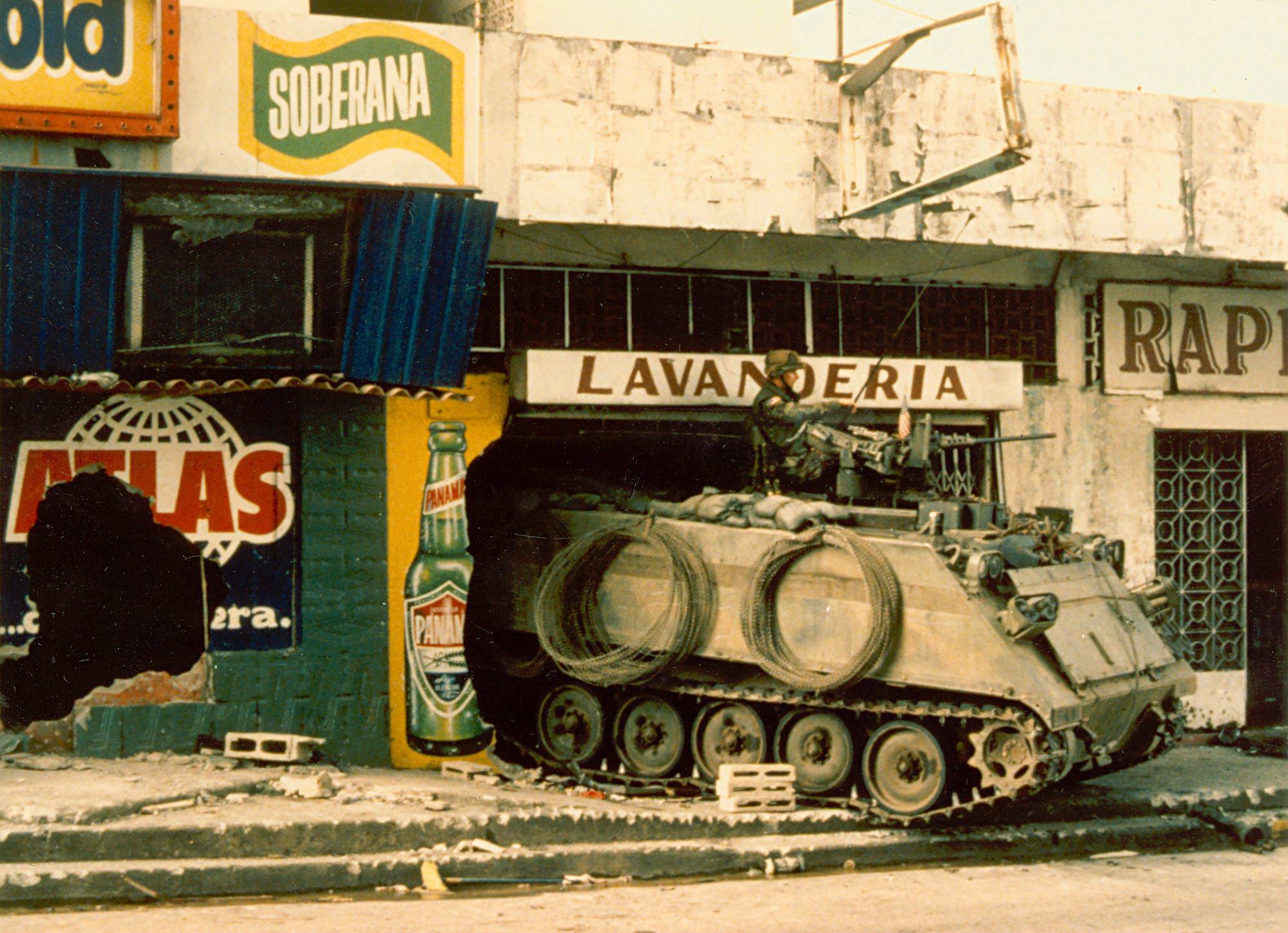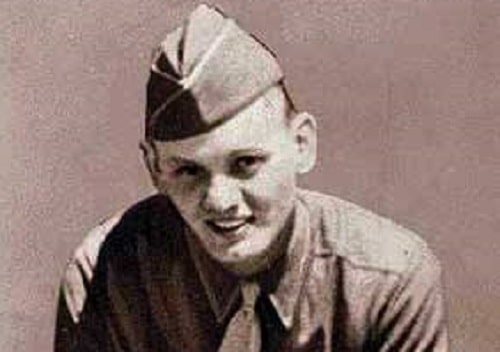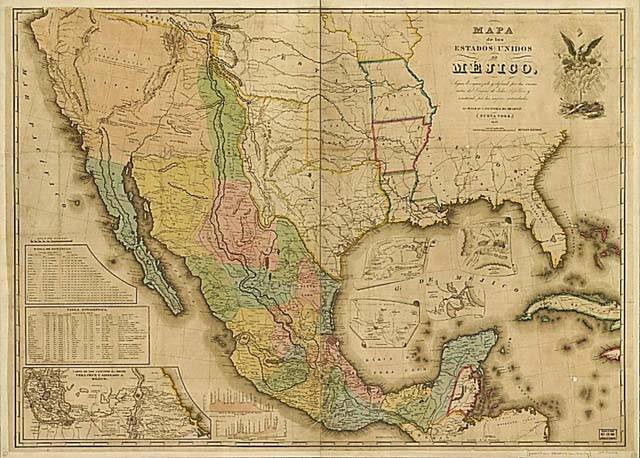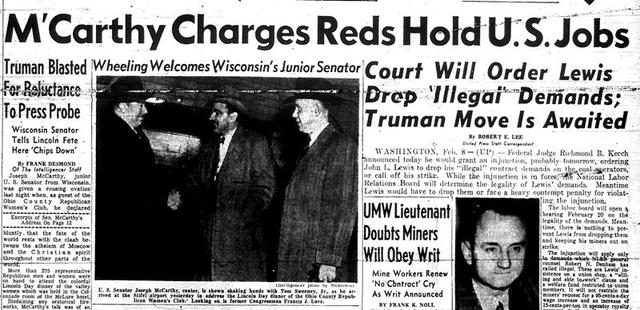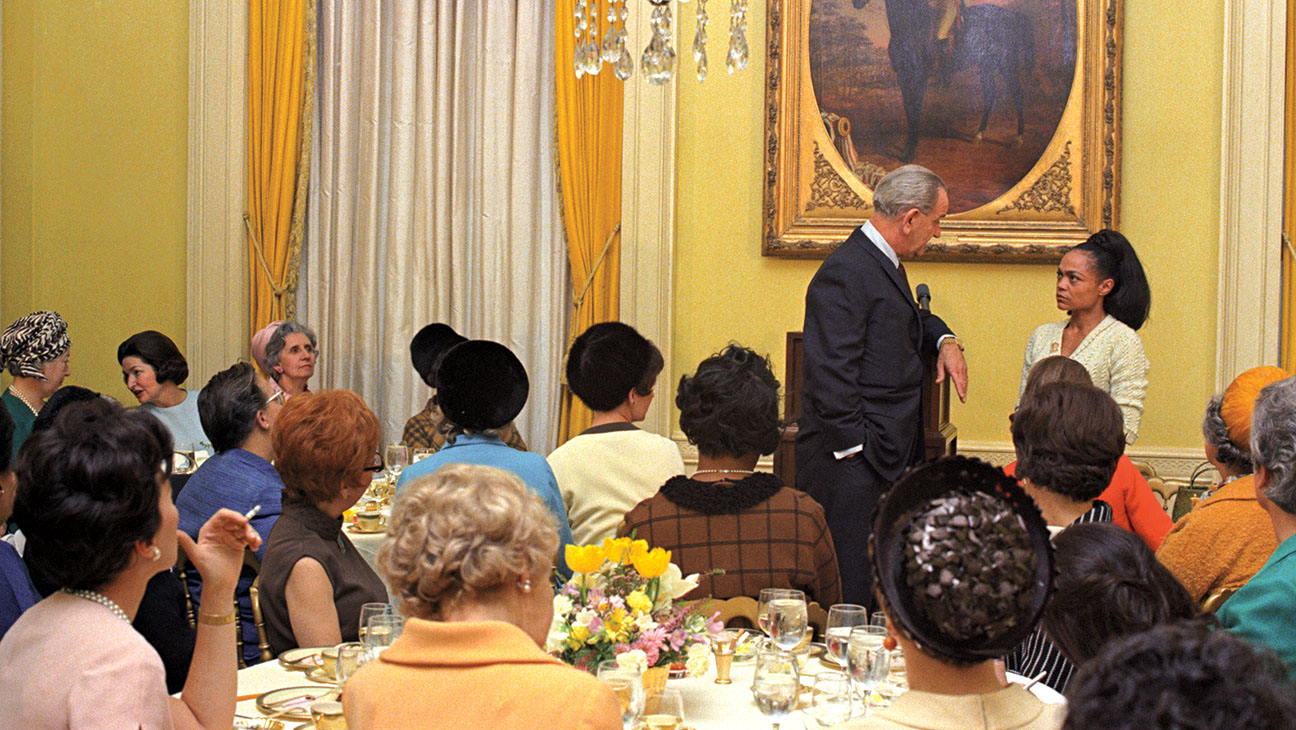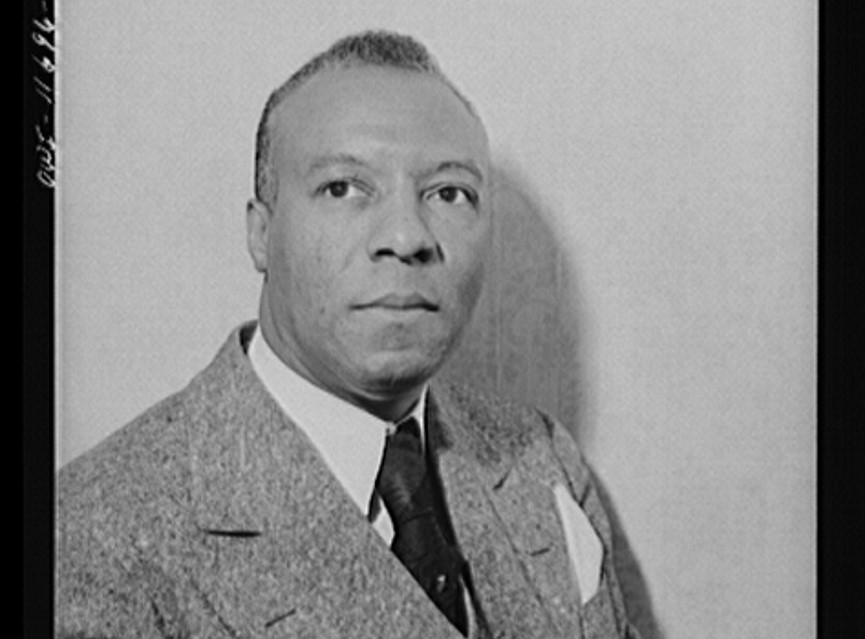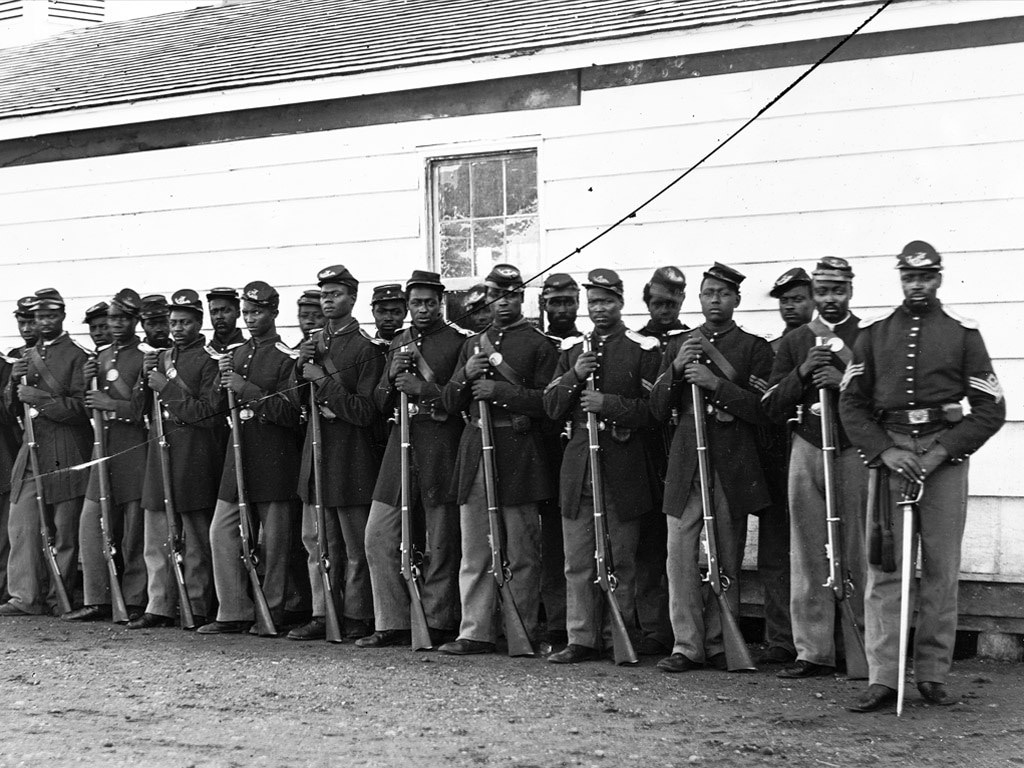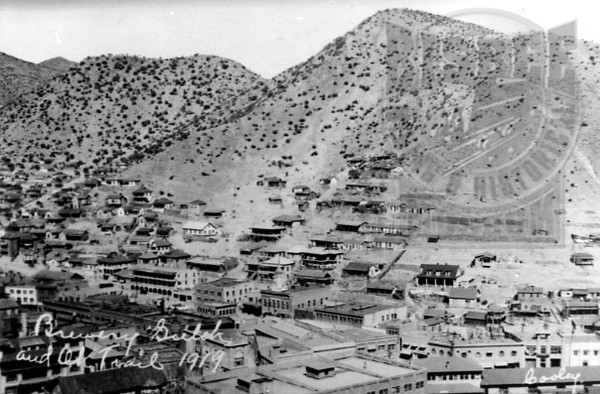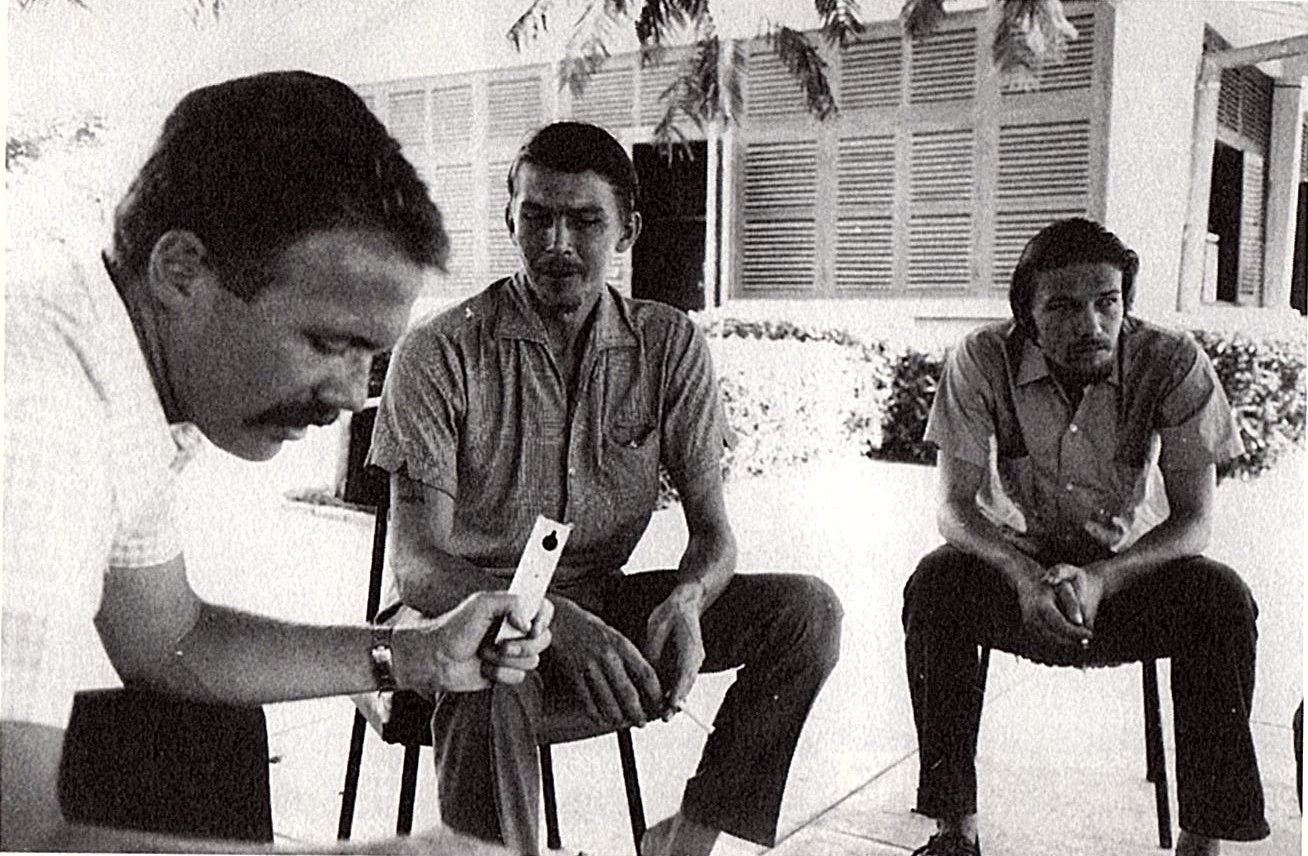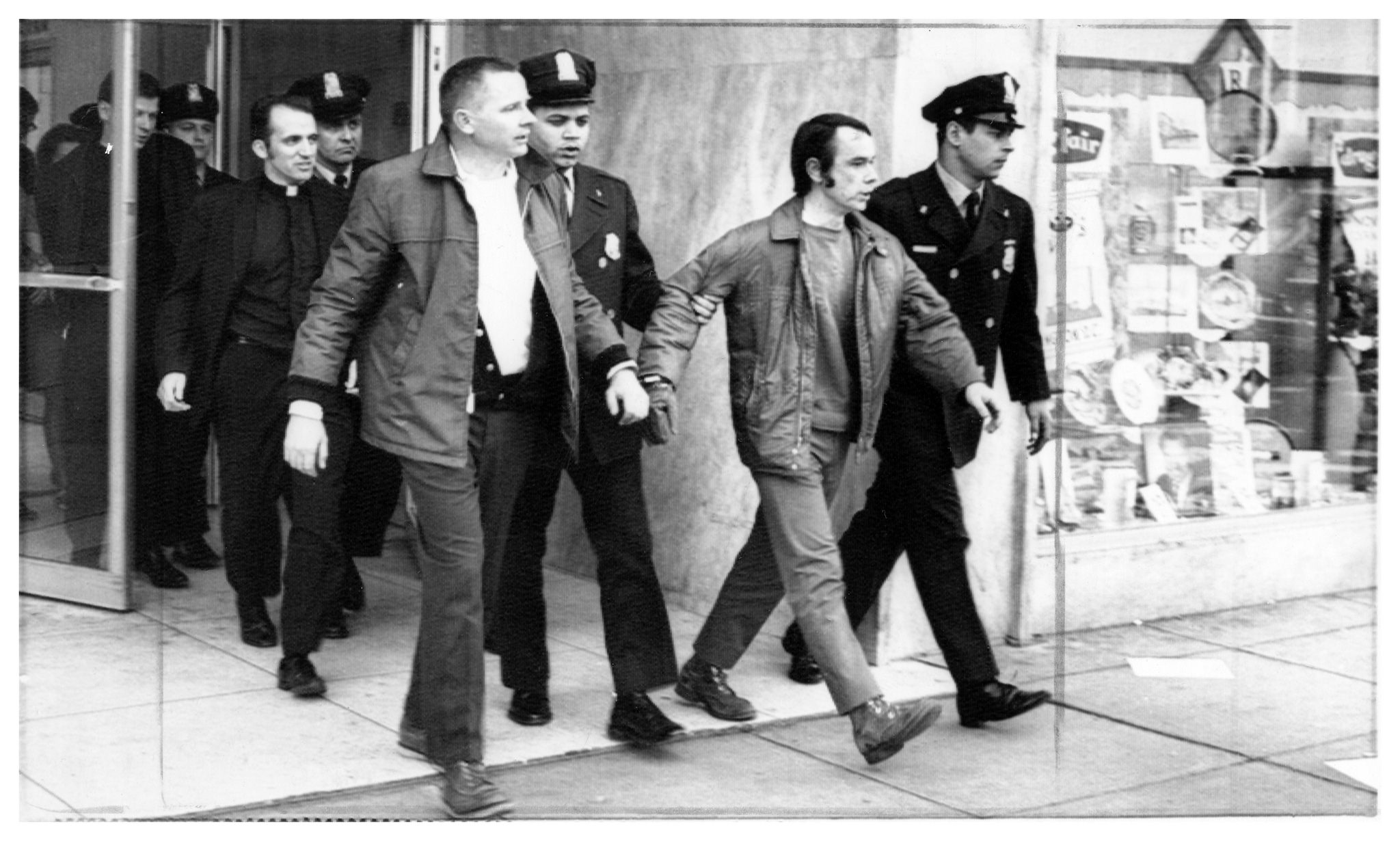S. Brian Willson’s legs were amputated by a train during a nonviolent protest against the U.S. arming of El Salvadoran death squads.
Continue reading
The U.S. Army firebombed a fort on the Apalachicola River in Florida.
Continue reading
Dozens of high school and university students in a peaceful protest were killed and injured by the U.S. backed Salvadoran police and National Guard.
Continue reading
Democratically elected Iranian Premier Mohammad Mossadegh was removed from power in a coup.
Continue reading
The cover-up of the Iran-Contra scandal began to unravel when Eugene Hasenfus was captured by Nicaraguan troops.
Continue reading
Marie Equi entered San Quentin prison to serve a one-year term for her anti-war protests.
Continue reading
A group of students were suspended at Southwest Texas State University for peacefully protesting the Vietnam War.
Continue reading
The “civil war” in El Salvador officially ended, but other struggles followed, including to protect the land and water from gold mining.
Continue reading
The mass execution of 38 Dakota Indians was ordered by President Abraham Lincoln.
Continue reading
The Treaty of Paris was signed, ending the Spanish-American War. None of the countries that had fought for decades for their freedom were represented at signing of the treaty.
Continue reading
Book — Historical fiction. By Margarita Engle. 2018. 192 pages.
A novel that uses free verse to tell the story of the 1943 Zoot Suit (or Sailor) Riots through a wide range of characters.
Continue reading
U.S. peace activist and suffragist Kate O’Hare was sentenced to five years’ imprisonment for a speech denouncing WWI.
Continue reading
Richard Nixon initiated a massive “carpet bombing” campaign in Northern Vietnam, mainly targeting Hanoi.
Continue reading
General Dwight Eisenhower endorsed the finding of a court-martial in the case of Eddie Slovik, who deserted from the U.S. Army during World War II.
Continue reading
The Treaty of Guadalupe Hidalgo was signed, ending the U.S. Mexico War and extending the boundaries of the United States west to the Pacific Ocean.
Continue reading
Senator Joseph McCarthy delivered a speech at the McLure Hotel during which he claimed to hold a list of known communists in the U.S. State Department.
Continue reading
When asked at a White House luncheon about “juvenile delinquency,” Eartha Kitt responded by talking about the root causes of rebellion, including the Vietnam War and the draft.
Continue reading
A. Philip Randolph, president of the Brotherhood of Sleeping Car Porters union, made the official call for a march on Washington, with the demand to end segregation in defense industries.
Continue reading
The U.S. War Department authorized the governor of Massachusetts to recruit Black troops to the Union Army in the Civil War.
Continue reading
A battle between Black soldiers and the local white law enforcement who targeted them in Bisbee, Arizona during Red Summer.
Continue reading
Two U.S. merchant seamen mutinied against the captain and crew aboard the SS Columbia Eagle, as it crossed the Pacific during the Vietnam War.
Continue reading
Nine protesters smashed glass, hurled files out a fourth floor window, and poured blood on files and furniture at the Dow Chemical offices in Washington, D.C.
Continue reading

